Raised bed gardens are great for home owners who want to grow vegetables, but don’t have a lot of space. They’re a great way to grow vegetables with minimal work, but can be difficult to start up. Soil types and the size of the raised bed will determine the best soil for your vegetable garden. The most common type of raised bed garden is made of wood, which is a hardwood. Wood is great because it lasts for a long time. However, it’s not the best type of raised bed to use if you want to grow vegetables.
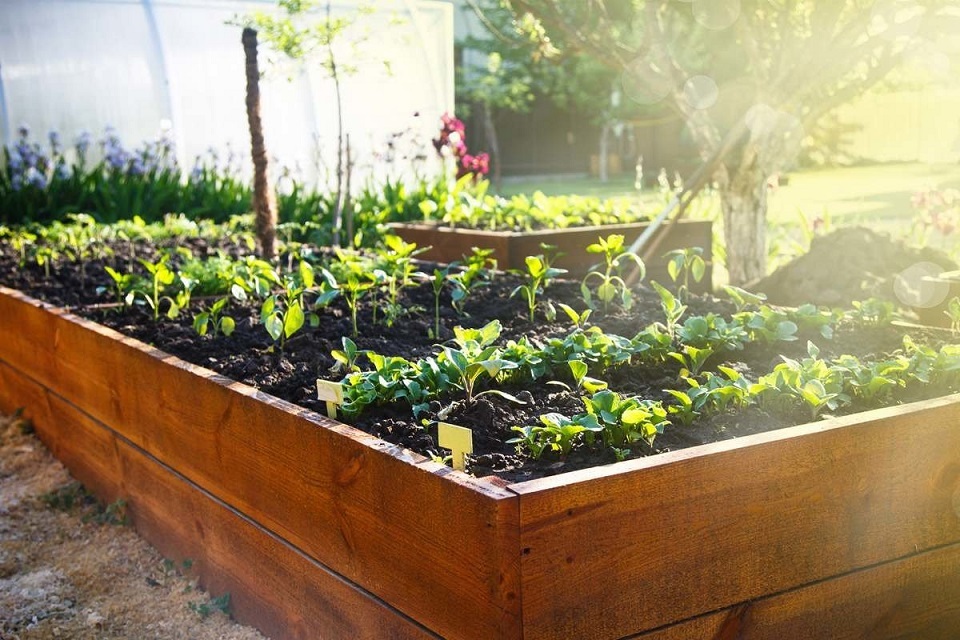
Raised beds are typically used in gardens, but can be incorporated into any type of planting. Raised beds tend to provide better drainage, better oxygenation, and fewer pests, as well as providing a more intimate garden space. They’re also often thought of as being easier to maintain than conventional soil beds. This raised bed project shows how to build a raised bed for your own garden.
Best soil for raised bed vegetable garden, The right type of soil will promote the proper growing conditions
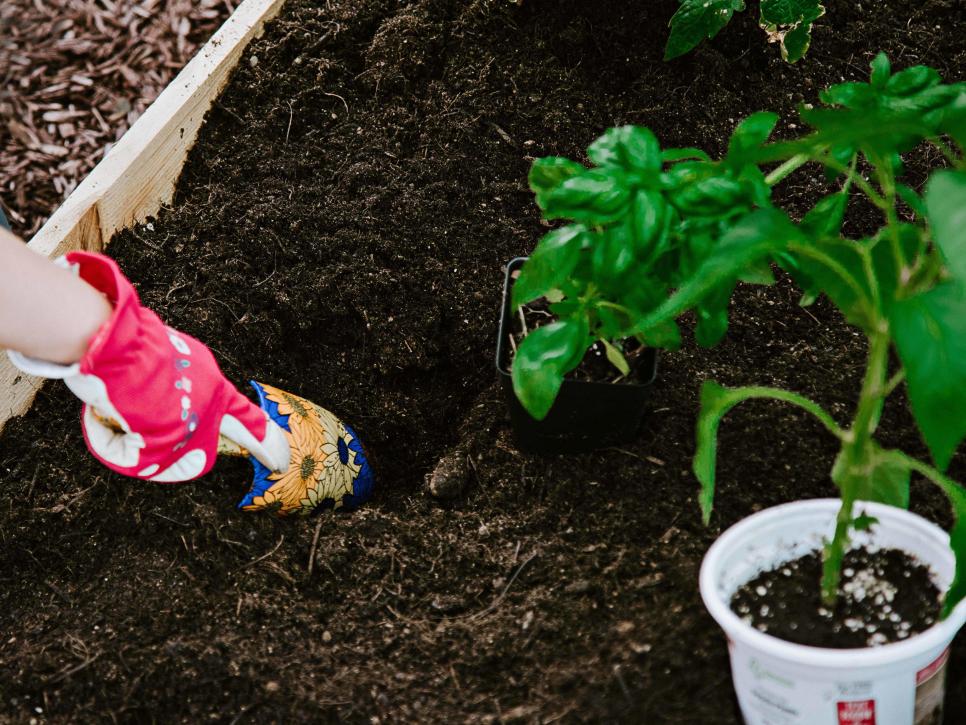
Soil is important for growing all plants, but especially when it comes to vegetables. The right type of soil will promote the proper growing conditions, and the plants will be healthier and more productive. The best soil for vegetable gardening is the same for every kind of vegetable, though. All vegetables should be grown in well-drained soils with plenty of organic matter.
Soil is a substance that consists of both rocks and organic matter. Some of the most common types of organic matter are sand, peat moss, compost, and leaf mold. These are all used for gardening. The ideal amount of organic matter to have in the soil is about 5 to 10 percent. This is usually sufficient for any kind of vegetable. The rest of the soil is a mixture of different kinds of minerals. These minerals include calcium, magnesium, phosphorous, potassium, sulfur, sodium, iron, chlorine, bromine, silicon, manganese, and copper. The amount of these minerals needed varies according to what kind of vegetable you are growing.
They help to break down organic matter and release nutrients for plants to use
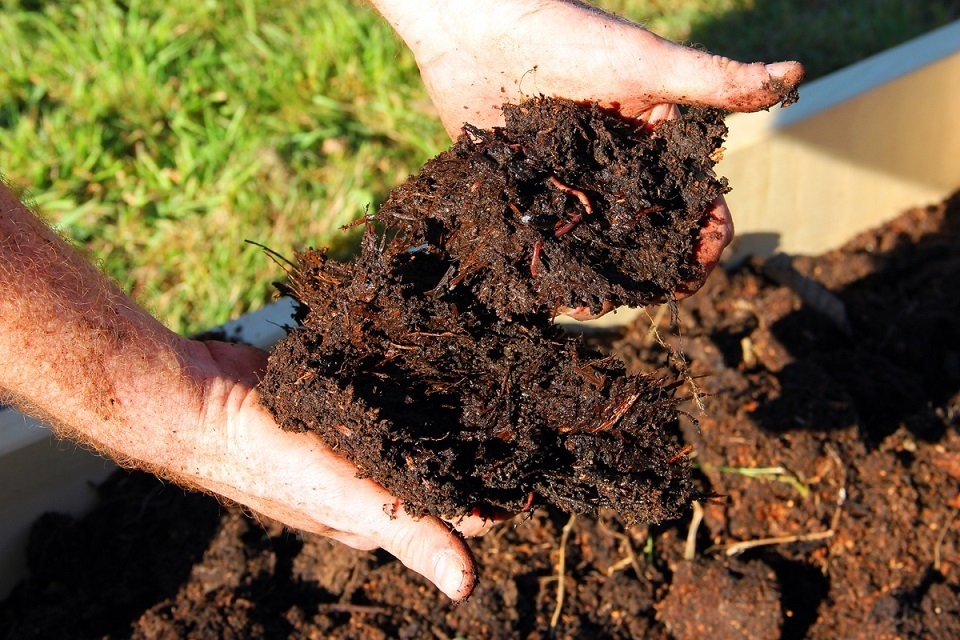
You should remember that soil is not just dirt. It’s also a living organism that has an enormous amount of life in it. There are millions of worms, mites, microorganisms, and insects that live in the soil. They help to break down organic matter and release nutrients for plants to use. These nutrients include nitrogen, phosphorus, potassium, and sulfur.
The soil also contains different minerals that are used to help plants grow. If you don’t add enough of these minerals, your plants may have problems. For instance, if you don’t add enough potassium to the soil, your plants may be weak. Soil also helps keep the water from running off into the ground and taking the minerals out of the soil. It keeps rainwater and snowmelt from washing away the minerals and nutrients.
Best soil for raised bed vegetable garden, Humus is a complex mixture of dead plants
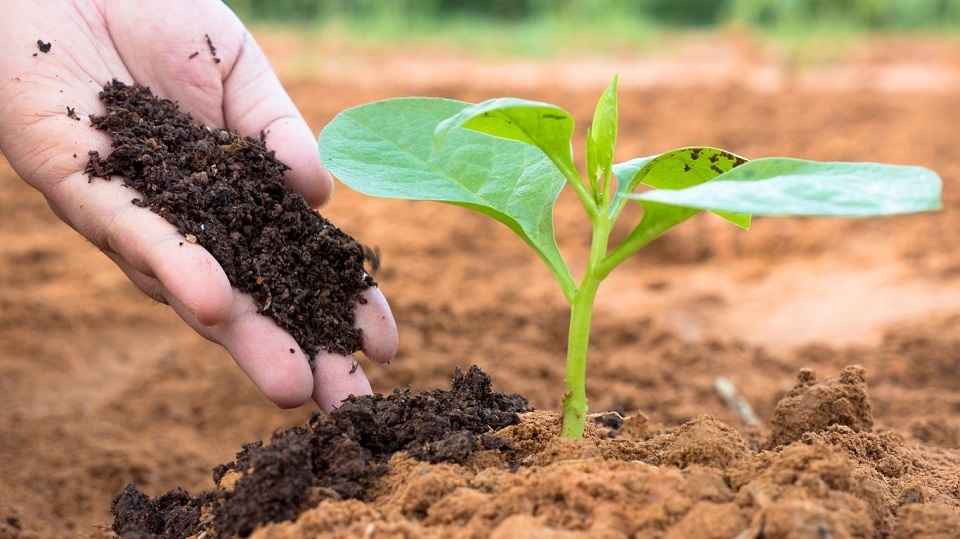
Organic matter is also known as humus. Humus is a complex mixture of dead plants, insects, bacteria, and fungi. All these organic particles help make up the soil. They hold moisture and keep the soil cool. They also make it easy for the roots to grow in the ground. Soil without humus is very difficult to grow vegetables in.
Most gardeners use a combination of organic and mineral-based fertilizers to help their plants grow
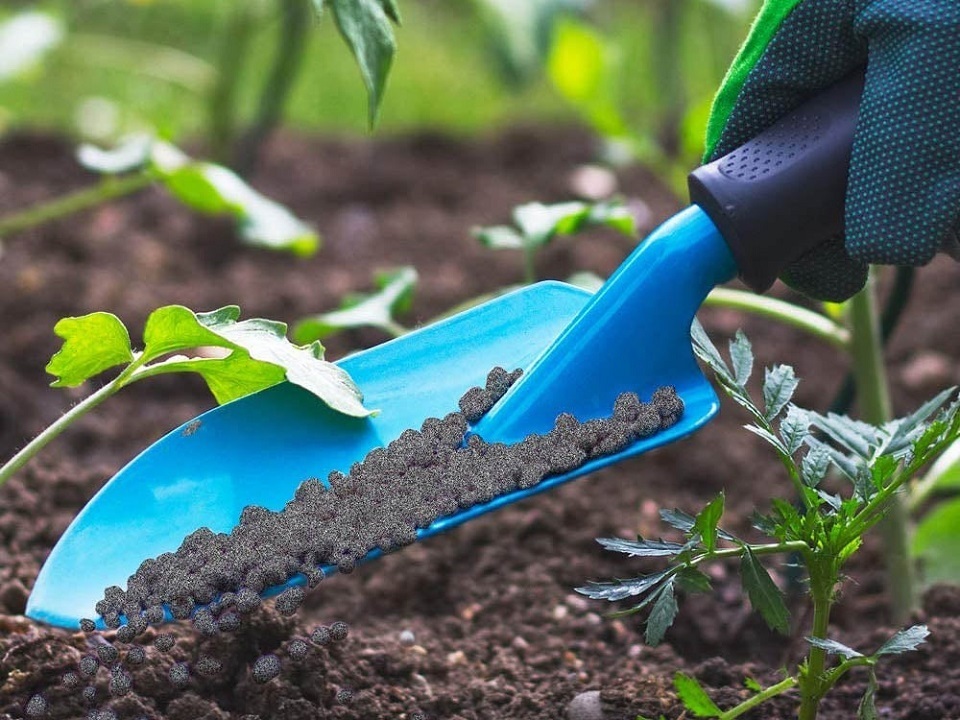
Beside that, most gardeners use a combination of organic and mineral-based fertilizers to help their plants grow. Organic fertilizers are the most popular. They are considere to be more natural than chemical fertilizers. Many people like to use organic fertilizers because they are cheaper and they are not harmful to the environment. Another reason for using organic fertilizers is that they are easier to work with and apply. They also provide nutrients that plants need.
Chemical fertilizers are also use to make your garden produce better. They can be use alone or in combination with organic fertilizers. There are many different types of chemicals that are use in fertilizer. Nitrogen is one of the most important nutrients that plants need. It makes the leaves green and helps them to grow. There are several kinds of nitrogen available, including ammonium nitrate, urea, ammonium sulfate, and calcium nitrate. Potassium is another important nutrient. It is need for plants to have strong stems and leaves. Magnesium is also important for plants to grow. This is use as a building block for plant cells.
It is very important to get rid of the old soil. You must remove any weeds and rocks from the garden. Then, you must add lots of fertilizer to the ground. You may also use manure to enrich the soil. Some vegetables need more nutrients than others. For example, tomatoes need nitrogen, potassium, phosphorus, and magnesium. Beets need phosphorous, and radishes need nitrogen. However, if you don’t have enough fertilizer, it will be difficult for the plants to grow.
You should never use any chemical fertilizers on your vegetable garden. They can be dangerous if they are not use correctly. Also, they are not good for the environment. It is better to use organic materials that can help to produce a healthier garden. You can make compost by mixing leaves, grass clippings, kitchen waste, etc. and bury them in the soil of your garden. This will help to nourish your vegetables.
Vegetables are the most important crops, and they play an essential role in our diet. If you want to grow them, you should start planting them as soon as you get the chance. Make sure that you buy your seed from a reputable supplier. Also, make sure that you plant them in a location where they will get enough sun light and moisture to produce a good crop. You should water your plants thoroughly, but you should also water your soil if it is too dry.
You should be careful not to overwater the plants because this can cause them to rot. If you have a greenhouse, you can always use it to protect your plants from too much rain. If not, make sure that your vegetable garden is well-ventilated so that the wind won’t blow the rain away. You should fertilize your plants regularly, and you should fertilize the soil around them as well. You don’t want the fertilizer to run off or be washed away, so you should try and keep the soil near the plant moist by watering it.